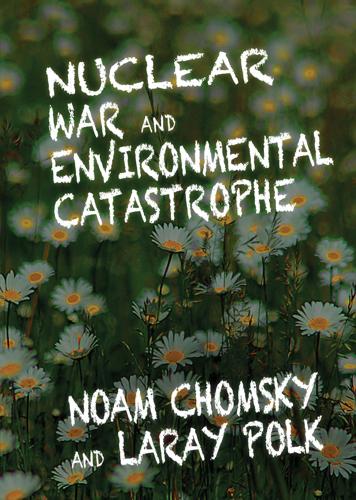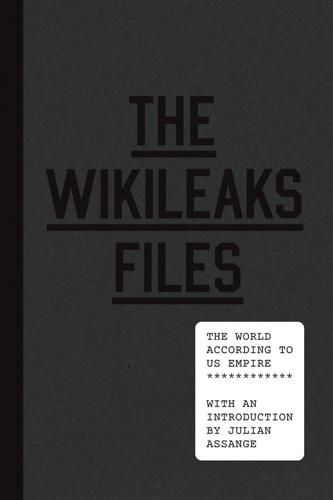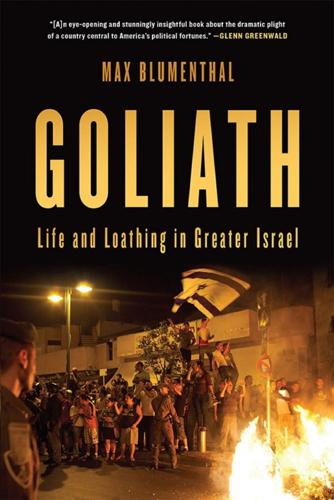nuclear ambiguity
description: Israel maintains a policy of deliberate ambiguity regarding its nuclear weapons capability, neither confirming nor denying possession, as a strategy to maintain strategic balance in the region without provoking neighbouring states or a regional arms race
3 results

Nuclear War and Environmental Catastrophe
by
Noam Chomsky
and
Laray Polk
Published 29 Apr 2013
(5) Can Israel state categorically that it has no plans for developing nuclear weapons?” Avner Cohen, Israel and the Bomb (New York: Columbia University Press, 1998), 93–94. 53 On September 26, 1969, a policy of Israeli nuclear ambiguity was agreed upon by Pres. Nixon and PM Golda Meir. It remained secret until revealed by journalist Aluf Benn in 1991. Avner Cohen and Marvin Miller, “Bringing Israel’s Bomb Out of the Basement: Has Nuclear Ambiguity Outlived Its Shelf Life?,” Foreign Affairs, September/October 2010. Cohen has drawn parallels between Israel’s policy and Iran’s possible nuclear ambitions: “It is straddling the line, and in my opinion, Iran wants to, and can, remain for some time with the status of a state that might or might not have the bomb.

The WikiLeaks Files: The World According to US Empire
by
Wikileaks
Published 24 Aug 2015
Russians, however, looked at it from another perspective. Streltsov asked how the United States was “going to prove/demonstrate its nuclear or non-nuclear character?” In other words, what was to stop Russia from responding to all ballistic missile attacks as if they were nuclear? Warner conceded “the point that Streltsov had made about ‘nuclear ambiguity’—it would be extremely difficult to determine the payload, whether nuclear or non-nuclear, while a strategic missile was in flight. But he recalled that the US side had spoken in the past about possible steps to mitigate this problem, which might include advance notification” [09MOSCOW2607_a].

Goliath: Life and Loathing in Greater Israel
by
Max Blumenthal
Published 27 Nov 2012
the Russian guy with the wraparounds muttered at me again. I decided that if I answered in the affirmative, he might shut up. “Yeah Israel is good. Real good,” I said in a flat tone. “It’s the best country in the world. It made the desert bloom and invented the cherry tomato and the disk-on-key and nuclear ambiguity. You happy?” I flashed him a big, all-American thumbs up sign. “Yaaaaa!” the Russian kid exclaimed, pumping his fist. He did not understand a word I was saying, but he seemed satisfied. The doctor, for his part, had continued talking as though nothing had happened: “When we were on the shooting range, a few of the special forces guys told me the Hezbollah fighters, you know, the terrorists, are so wacked out on cocaine and PCP that they have to shoot them, like, forty times before they go down.”